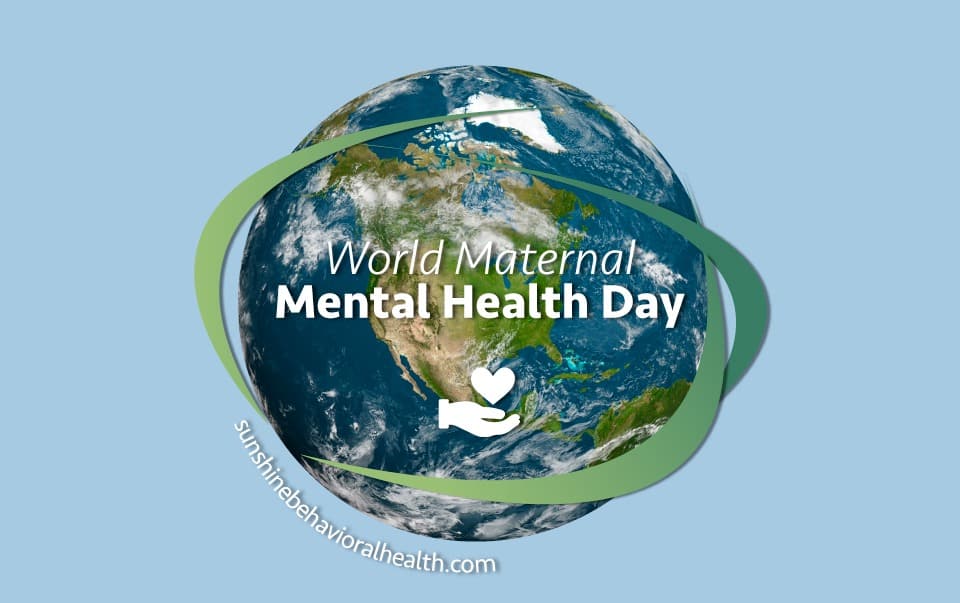
World Maternal Mental Health Day
Some Expectant and Newly Minted Moms Experience Depression That Goes Way Beyond the Baby Blues
Motherhood is considered one of the happiest times of a woman’s life, but for some, those weeks and months after giving birth can be marked by deep depression. World Maternal Mental Health Day attempts to erase some of the stigma and inform people about a not-so-rare problem. Postpartum depression affects about one out of every nine women, according to the Centers for Disease Control and Prevention (CDC), but in some U.S. states, the rates are higher. In comparison, about 10% of women have experienced a bout of major depression within the past year. There is also perinatal depression, which affects women during pregnancy and after giving birth. Depression, whether it’s tied to motherhood or not, can include strong feelings of sadness and anxiety as well as fatigue, difficulty with daily tasks, and a loss of interest in once-enjoyed activities. Postpartum depression includes many of the same symptoms as depression but also includes:- Crying more than usual
- Feelings of anger and/or fear
- Numbness, especially toward one’s baby
- Doubts about being a good mother
- Withdrawing from family and friends
A Message From Our CEO
Medical disclaimer:
Sunshine Behavioral Health strives to help people who are facing substance abuse, addiction, mental health disorders, or a combination of these conditions. It does this by providing compassionate care and evidence-based content that addresses health, treatment, and recovery.
Licensed medical professionals review material we publish on our site. The material is not a substitute for qualified medical diagnoses, treatment, or advice. It should not be used to replace the suggestions of your personal physician or other health care professionals.





